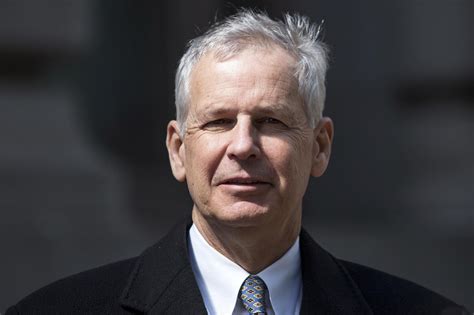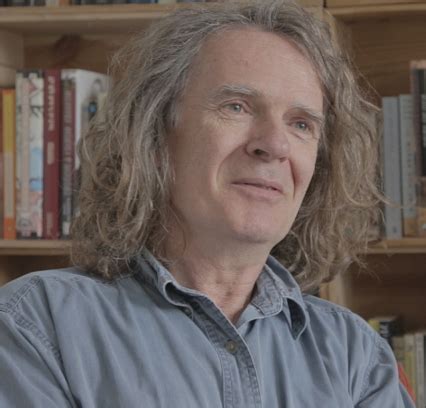A Quote by Charlie Ergen
Ultimately, broadcasters and advertisers have to change the way they do business or they run the risk of linear TV becoming obsolete.
Quote Topics
Related Quotes
The status quo is a very powerful opiate and when you have a system that seems to be working and producing profits by the conventional way of accounting for profits. It's very hard to make yourself change. But we all know that change is an inevitable part of business. Once you have ridden a wave just so far, you have to get another wave. We all know that. For us, becoming restorative has been that new wave and we have been riding it for 13 years now. It's been incredibly good for business.
The evidence is inarguable that Australia is becoming too expensive and too uncompetitive to do export-oriented business. Africans want to work, and its workers are willing to work for less than $2 per day. Such statistics make me worry for this country's future. We are becoming a high-cost and high-risk nation for investment.
You do what you do - in the circumstances in which you find yourself - because of the way you are. So if you're going to be ultimately responsible for what you do, you're going to have to be ultimately responsible for the way you are - at least in certain mental respects. But you can't be ultimately responsible for the way you are (for the reasons just given). So you can't be ultimately responsible for what you do.


































